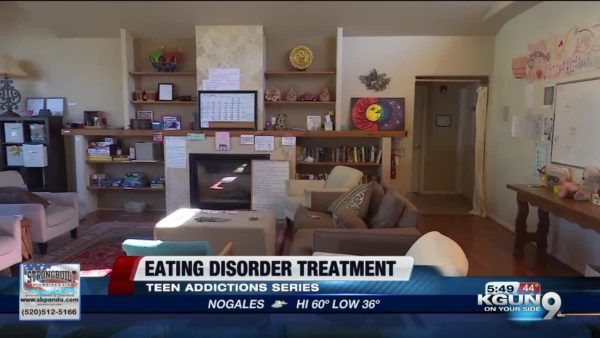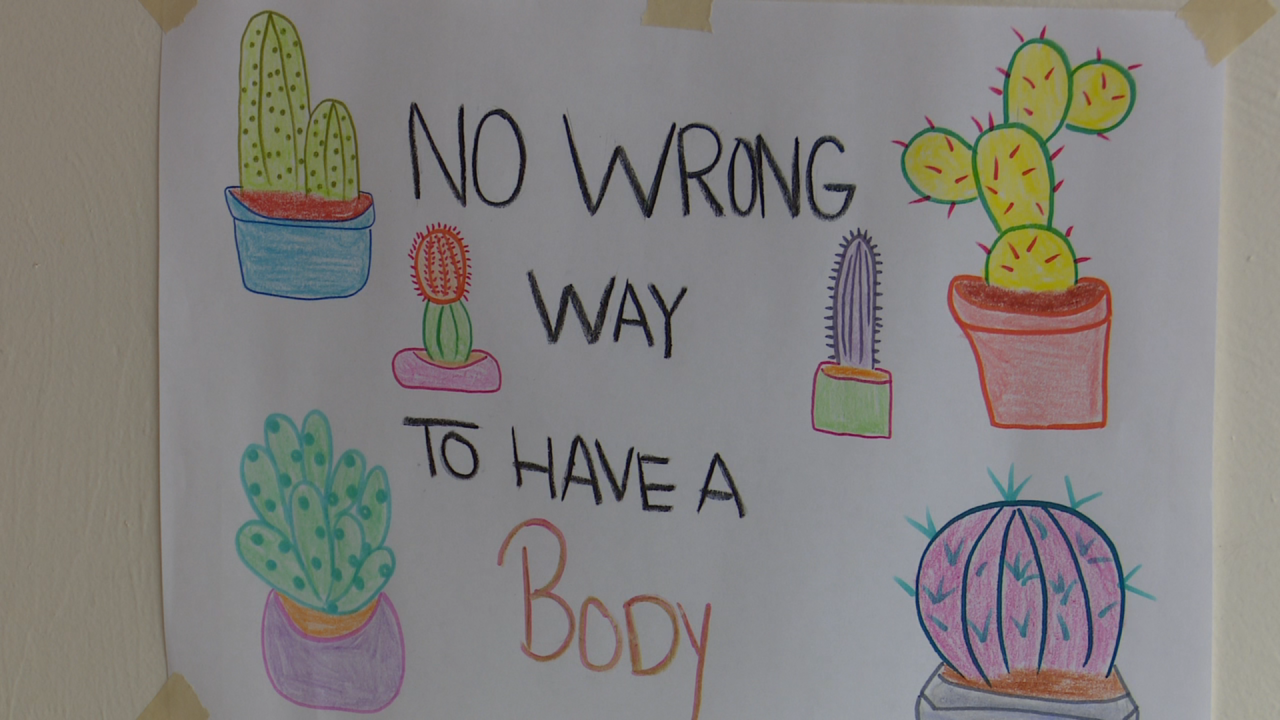
![items.[0].videoTitle](http://www.grandmashealthykidsclub.com/wp-content/uploads/2020/01/conquering-addiction-teen-eating-disorders-its-not-about-the-food-taja-davis-636-am-jan-kgun.jpg)
Anorexia, orthorexia, bulimia, diabulimia, arfid and binge eating – all categories of types of eating disorders prevalent in our youth.

TUCSON, Ariz. — Anorexia, orthorexia, bulimia, diabulimia, arfid and binge eating – all categories of types of eating disorders prevalent in our youth.
Providing treatment to those who have eating disorders is Mirasol; a provider of integrative treatment that has helped people overcome eating disorders in the Tucson area for more than 20 years.
The Mirasol says disordered eating is usually coupled with other issues; such as depression, OCD, anxiety, or trauma.
“Usually people don’t have just eating disorders. About like 50-percent of people who have eating disorders also struggle with substance use issues. It usually isn’t about the food, it’s a way to kind of regulate disturbing emotions,” said Julia Quinonez, a primary therapist with Mirasol.
Eating disorders don’t discriminate by age. Stageoflife.com states by age five or six, children become aware of their weight and size. The website reports 40 to 60-percent of elementary school kids are concerned about becoming or being seen as bigger. 65-percent of teenagers are concerned about gaining weight; 45-percent will avoid meals to lose weight.
“I definitely feel like disordered eating, or eating disorders, have increased. In fact 32-percent of college women and 25-percent of college men have eating disorders and this statistic was in 2011. So I can only imagine how that number has increased over the years,” said Jessica Griffith, a registered dietitian with Mirasol
And it doesn’t stop there, with people of older ages battling with disorders and body image issues as well. Griffith said, unfortunately, “diet culture” is the new norm.
“I feel there is always a new fad diet or a supplement or just negative self-talk whether its on social media, a billboard, celebrities. It’s unfortunately everywhere,” said Griffith.
At Mirasol, dietitians provide nutrition education to support healthy behavior and to build strong positive relationships with food and their bodies. With its Residential Adolescence program, chefs at a Tucson home prepare lunch and dinner every day for the clients that stay there.
“We’ll do a protein option, a starch option, vegetables, two fat options that all go with the meal. We present it buffet style and we present it to them and let them know the appropriate serving size is,” said Sarah Wise, a chef with Mirasol.
Mirasol believes in allowing people to be themselves, with the philosophy that “all foods fit.”
“And to learn how to be comfortable in the skin one lives in, in the sense that learning body positivity and learning that where they’re at is ok and that change is possible,” said Sierra Ohrel, Mirasol’s clinical director.
A tip for adutls and parents: be aware of any disordered behaviors in your children. Mirasol says to not ignore the signs because those behaviors can become very severe and be a much bigger issue down the line.
“Teens are super impressionable so what they’re hearing and learning at home is super impactful,” said Quinonez.
“Whether its from school or from their doctors, even parents especially, just be really careful on the messages you bring home and say,” said Ilene Yalen, a residential dietitian with Mirasol.
Mirasol provides eating disorder treatment and also treats co-occurring issues. Its residential adolescent program has a max capacity of 10 beds, for female clients. The program includes nutrition education, one-on-one therapy, family-style dinners, and daily activities like exercising and going on adventures (such as hiking and camping).
“At Mirasol here with all these disorders that we see, we do a really good job of assessing people individually and being able to develop a meal plan that’s right for them, so that they can trust in it and believe in it,” said Yalen.
Copyright 2020 Scripps Media, Inc. All rights reserved. This material may not be published, broadcast, rewritten, or redistributed.